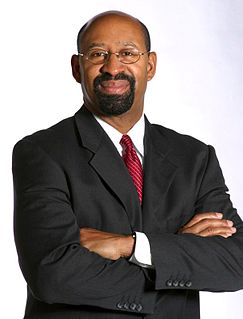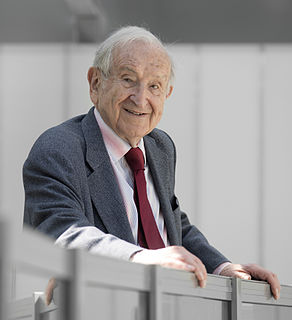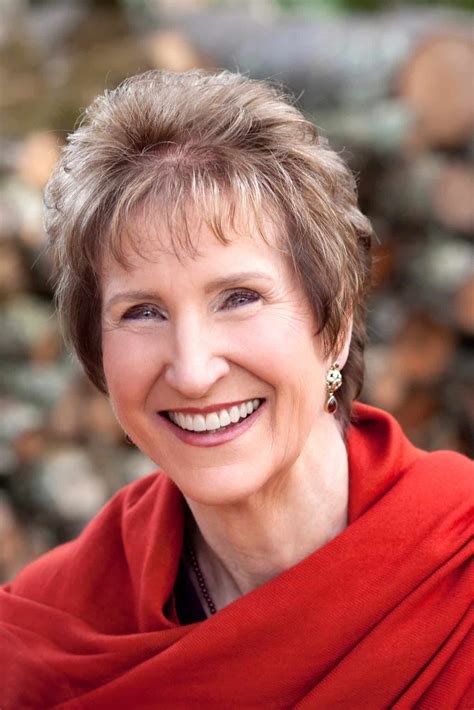A Quote by Fred Reed
Voting in particular is an embarrassment, being a public display of weak character and low intelligence. Let us face the truth: Democracy, like spitting in public or the Roman games, is the proper activity of the lower intellectual and moral classes. It amounts to collusion in one's own suckering.
Related Quotes
I have no doubt that there are Russian efforts to disturb the fabric of American democracy, but they're disruption efforts. The working theory behind the intelligence report on Russian interference in the president election is that Russia influenced American public opinion. We may not like that, but if it influenced American public opinion, at least in the guise of legitimate activity - which is what the report says - then there's nothing you can do about that. Where it would be improper and illegal would be if there was actual collusion in those efforts. We don't know that.
Everyone has his own truths and every such truth corresponds to a particular intelligence or consciousness level. If some religious absurdities are your truths, then you must increase your level to approach to the real truth! At the position of low level intelligence and consciousness, it is impossible to see the real truth!
You know, public service is serious enough on its own, and what I've found is if you take yourself take yourself too seriously in this business, you'll lose sight of what it is that you're trying to get done. So I mean I've tried to have the proper mix of being a serious public servant, but also still being a regular guy.
Science enhances the moral value of life, because it furthers a love of truth and reverence-love of truth displaying itself in the constant endeavor to arrive at a more exact knowledge of the world of mind and matter around us, and reverence, because every advance in knowledge brings us face to face with the mystery of our own being.
Rome tolerated every abominable practice, embraced every foul idea in the name of freedom and the rights of the common man. Citizens no longer carried on deviant behavior in private, but pridefully displayed it in public. It was those with moral values who could no longer freely walk in a public park without having to witness a revolting display. What happened to the public censors who protected the majority of citizenry from moral decadence? Did freedom have to mean abolishing common decency? Did freedom mean anyone could do anything they wanted anytime they wanted, without consequences?
What causes [fragmentation] if not a need to act that specializes us and limits us to the horizon of a particular activity? Even if it turns out to be for the general interest (which generally isn't true), the activity that subordinates each of our aspects to a specific result suppresses our being as an entirety. Whoever acts substitutes a particular end for what he or she is, as a total being.
Moral crusade: Public activity undertaken by middle-aged men who are cheating on their wives or diddling little boys. Moral crusades are particularly popular among those seeking power for their own personal pleasure, politicians who can't think of anything useful to do with their mandates, and religious professionals suffering from a personal inability to communicate with their god.





































